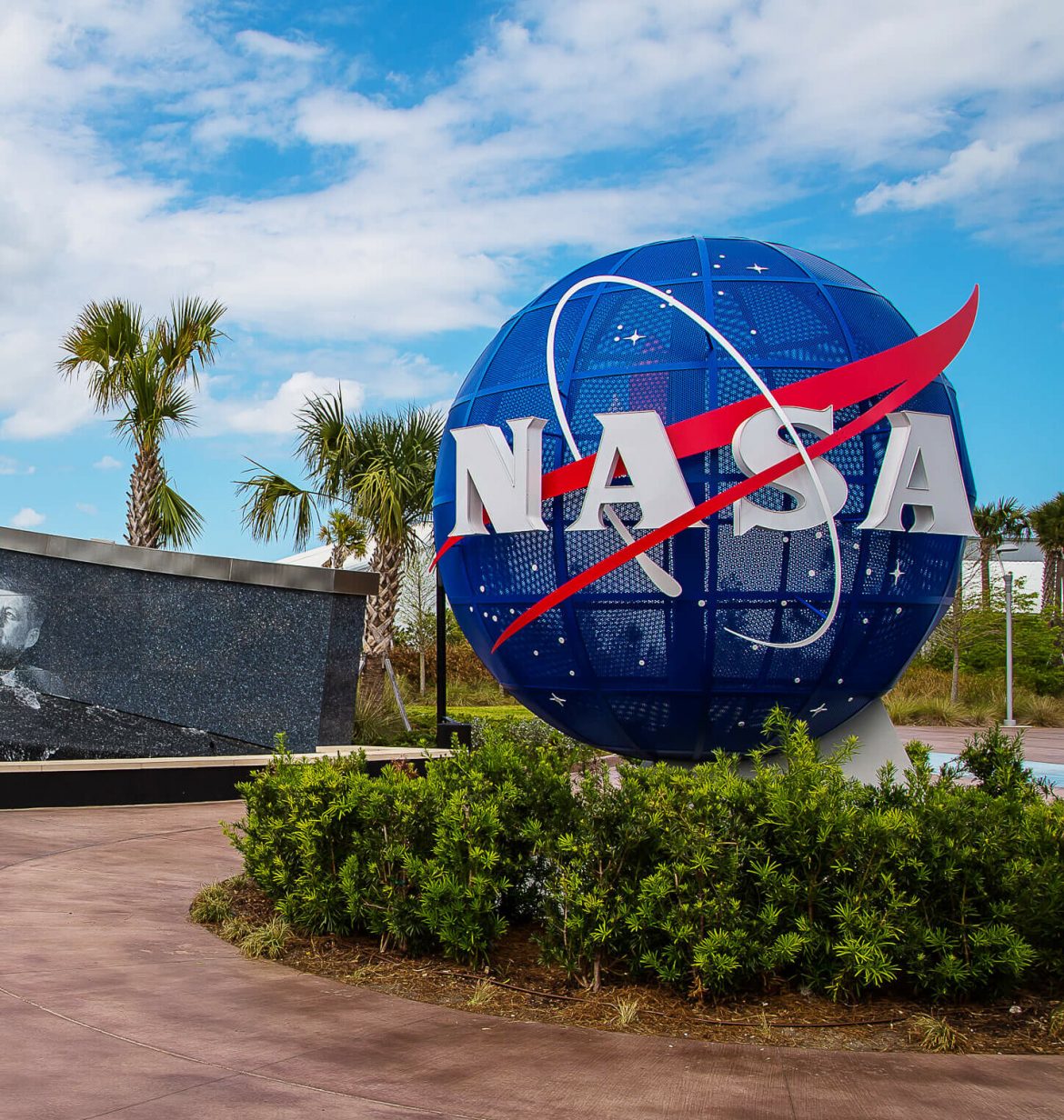IBM and the National Aeronautics and Space Administration (NASA) have announced that they are both working to improve climate change research.
On February 1, IBM announced a collaboration with NASA’s Marshall Space Flight Center to use artificial intelligence for climate change research to greatly improve the analysis of these large datasets. The goal is to simplify the research process and save time overall by improving project efficiency.
IBM will also collaborate with the Interagency Implementation and Advanced Concepts Team (IMPACT) which is part of NASA’s Earth Science Data Systems Program and is in charge of increasing the use of NASA Earth-observing data through innovation, partnerships, and technology.
According to reports, the research will use IBM’s AI foundation model technology and NASA’s Earth and geospatial science data, specifically NASA’s Earth-observing satellite data.
The just-announced collaboration is looking at largely simplifying the research methods for analyzing and gaining valuable insights from large datasets. Foundation models are types of AI models which can be used for varied tasks and has the ability to apply information about one situation to another.
Read also: New Zealand announces additional NZ$700,000 flood support as cleanup begins
This partnership is looking at the initiation of several strategic projects. For example, one project will train an IBM geospatial intelligence foundation model on NASA’s Harmonized Landsat Sentinel-2 dataset. Yet another project is expected to be a large language model based on Earth science literature.
The collaboration is part of NASA’s Open-Source Science Initiative which outlines its commitment to building an inclusive and collaborative open science community over the coming years. NASA is a well-known global leader contributing to studies on Earth’s changing climate with its space observations of the Earth which are steadily helping everyone recognize how the planet’s interconnected systems interact.
This January, NASA announced the findings of its study which observed that 2022 was one of the hottest years in records to date with soaring temperatures bringing in heat waves in several affected areas. Among other things, the report affirmed that the warming reality is very much here and needs to be taken into serious consideration.
The past year 2022 was ranked the fifth hottest year in records by NASA where global temperatures were 1.6 degrees Fahrenheit above the average for NASA’s baseline period (1951-1980), according to the scientists from NASA’s Goddard Institute for Space Studies (GISS) in New York.
Unfortunately, human actions themselves are undoubtedly defining these abnormal temperature conditions in spite of such widely proclaimed recognitions of this challenge and also humans themselves being victims of the disasters unfolding as a consequence.
This story was adapted from Geo spatial world.
